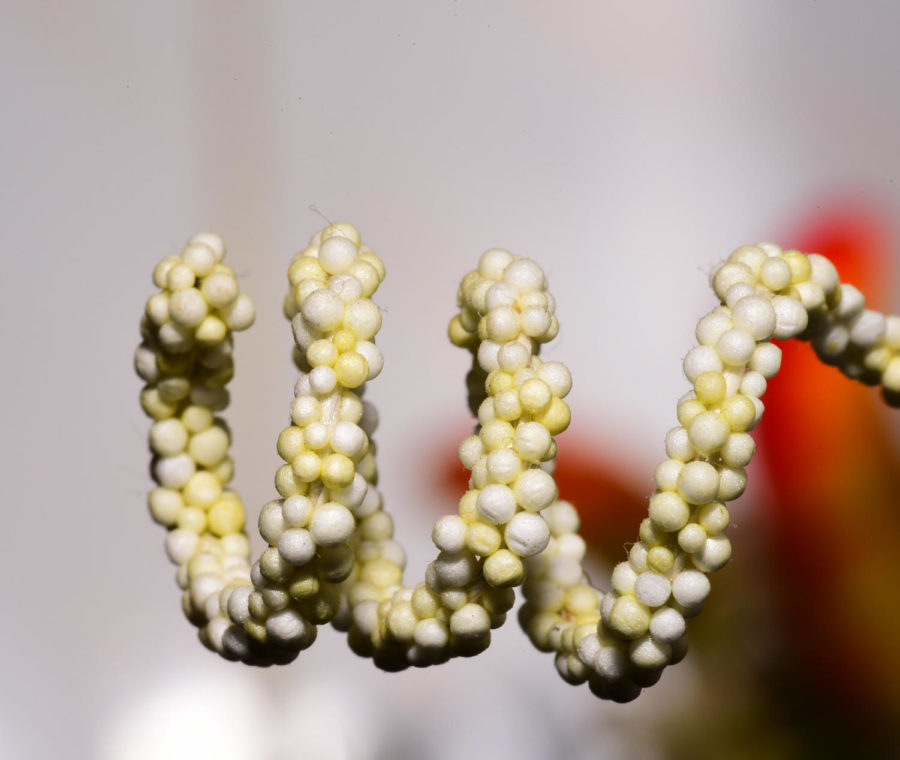Would you choose a perfect child?
June 11, 2021
Picture this: The year is 2134. You’re one of the few people still working in a physically demanding job. You load cargo on and off the docks. All your coworkers are genetically enhanced, they have unlimited endurance, strength, and resistance. But you are one of the rare exceptions. You have gone your life with no modifications. You begin to fall behind in your work. What do you do? And more importantly, could this become our reality?
CRISPR is a technology that allows experts to carefully modify your genes. It stands for clustered regularly interspaced short palindromic repeats. CRISPR can modify anything with genetic code. From vegetables, to mice to even humans, nothing is off limits. It’s potential benefits are correcting genetic defects, disease prevention, and improving crops and livestock. But, surely we’re years ahead of this ever being used, right? Not quite. Twin girls have been born in China with CRISPR DNA, that supposedly makes them resistant to HIV. In addition to malady prevention, some experts say that it can be used to boost intelligence when used in the embryonic stage.
James J. Lee, researcher and co-publisher of a CRISPR experimentation paper at Minnesota University says, “In my opinion, CRISPR could be used to boost the expected intelligence of an embryo by a considerable amount,”
This is the true argument of the matter. Is it ethically incorrect to edit the future generation? To correct errors and even enhance the cognitive abilities of children? To possibly create a perfect world with perfect humans? Some argue that humans have been genetically modifying organisms for centuries. Take for example, the modern day watermelon. It has been selectively bred to be the way that it is.
Same thing for bananas, and most other fruits and vegetables according to the FDA and Cornell University. Junior Christina Gomez from High Tech, believes that humans should be treated with more respect than you would a banana.
“I’m not a watermelon or a banana. Making a mold resistant banana is one thing, but making a human with the ability to be 20% stronger is a bit too much,” said Gomez.
As for a perfect world? Experts argue that we already live in one. When women do IVF and get the genetic report of their embryos, they can choose the healthiest ones, and exclude the ones that may be stunted.
Sociologist John H. Evans brings up the similarities between gene selection and gene editing. “People who know they’re carriers for genetic diseases, have long had this option called preimplantation genetic diagnosis,” said Evans.
They claim that choosing the healthiest embryo isn’t much different than choosing to modify your child, because either way you’re changing the fate of your kid. Although, IVF receiver, Amina Mostafa disagrees.
“I never genetically changed my son,” said Mostafa. “I looked at the report and saw the one with the best chance and gave him a shot. If I was given the chance to genetically enhance him, I wouldn’t. He’s fine just the way he is, leave it to fate.”
Furthermore, many make the argument that the world would become segregated with CRISPR technology. Christina Gomez agrees that the world would become split with this technology.
“The world is already so divided. People with higher socioeconomic status would get ahead while those who can’t afford it would fall even further behind,” said Gomez. “What if this were to become the standard of jobs? It would affect too much. Evolution has worked fine for centuries, why change nature now?”
With the future fast approaching, this very much could become our reality. We need to be prepared for what genetic engineering could hold, whether it be humans with boosted immunity, or fruit that never goes bad. Ask yourself, would you do this for your children?
